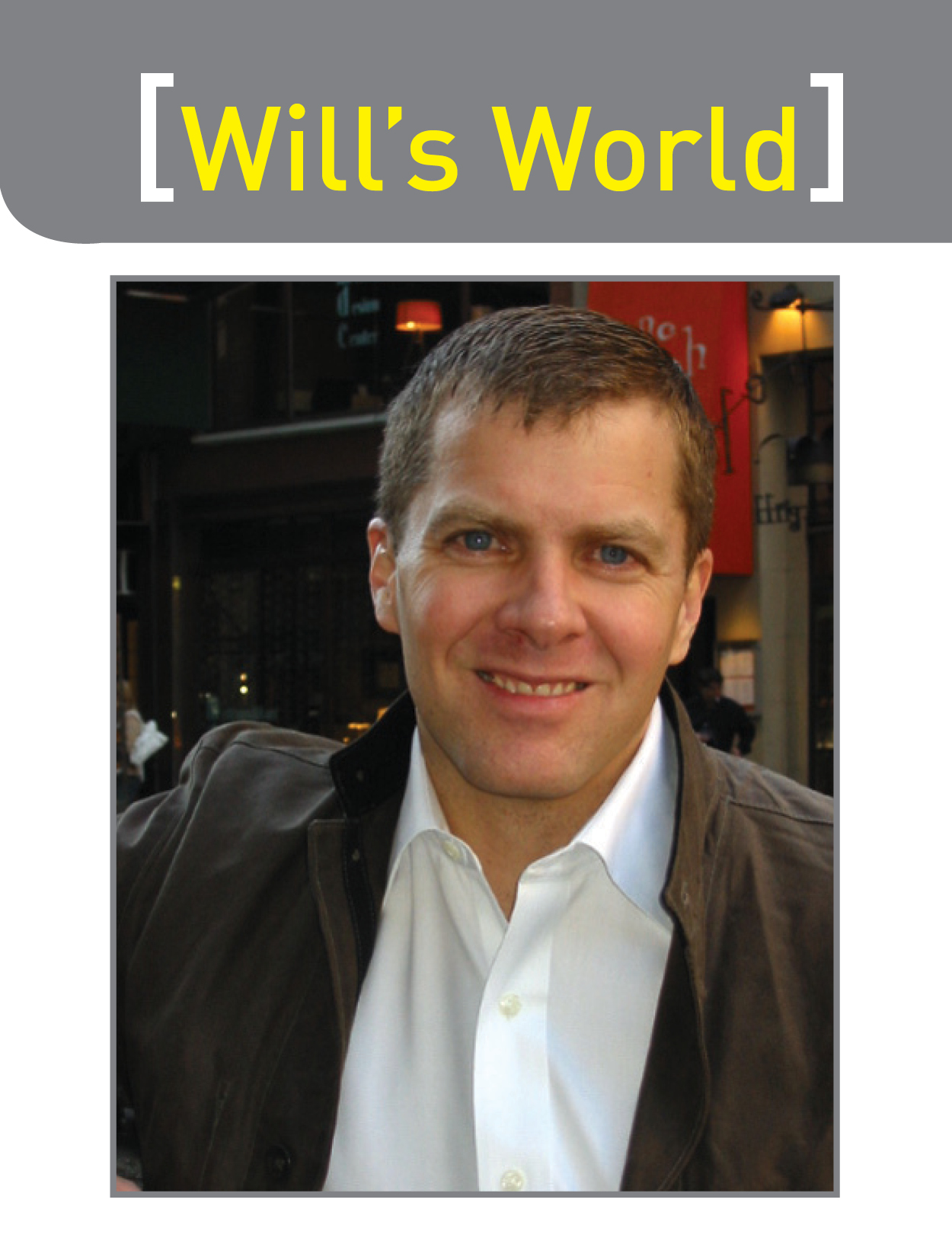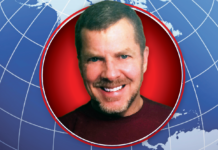By Will Carlin
We all want to belong. Perhaps in high school no one feels totally comfortable; I was no exception.
I loved learning. It almost didn’t matter the topic; if there were a great teacher, the subject automatically became interesting. I did lots of the extra reading, and I sometimes met with faculty members after school just to talk about whatever we were studying.
Not surprisingly, this was not considered cool.
Only a few weeks into my freshman year at Yale, however, I realized that there were, in fact, other people like me. Everyone, it seemed, had done the extra reading in high school, and everyone had a passion for learning. Somehow, I had lucked into a group of peers, and it was bliss.
If you are reading this article, chances are that you are a bit obsessed with squash. Me too.
In fact, as far as U.S. players go, I think I am fairly high up on the squash obsession scale. I still get up early to practice, I often am on court late at night, and I spend most of my free time thinking about, watching, reading or writing about squash.
Even though there are many of us who share this passion, we aren’t all gathered at the same place at the same time, and there are times when I have been hitting balls by myself at six in the morning or ten-thirty at night that I have felt like a bit of an oddball.
And then I went to Hong Kong.
The WSF World Masters Championships is a biennial world squash competition that moves around the world. In Hong Kong, there were over 750 players from more than 50 countries. My draw alone had a full 128-person complement of players.
I knew something was different when I got to the courts on my first day at 6:30am and found a half dozen players already there doing drills. Over the course of two weeks, much as was true at Yale, I found myself decidedly in the middle of the squash obsessiveness scale. For two weeks, I was surrounded by people like me.
I had been hesitating about going because my knee hadn’t allowed me to prepare as I would have liked and because I had started a major remodeling of my game a few weeks before the event, but playing well is only part of what the trip is about. Here is what I learned:
Squash players are part of a global community (yes, you are part of a global community). It’s hard to imagine feeling this more than at a World Masters Championships. It is amazingly fun playing, practicing, watching and talking squash non-stop with players I hadn’t seen in many, many years, with players I knew fairly well, and with players I had never met before. Mutual understanding, respect and humor abound.
Being from the U.S. is being part of a team. Though there was no formal U.S. team, we all found ourselves thinking as a unit. You can’t help rooting for each other; you can’t help bonding; you can’t help tightening relationships. It was great being with ever yone and strengthening already strong relationships.
The level of squash is stunning. Yes, there are former top-ten pros who have kept up their games and clearly relish playing in front of avid and large crowds. Watching what Craig Rowland (M40 Champion) can do with a racquet is nothing short of stunning (at one point, he hit three Philadelphia’s in one rally). That’s inspiring, to be sure, but just as motivating for me was watching the 70+, 75+ and 80+ late rounds. These men and women can really move— not move well for their age, they move well period. I am fifty-one as I write this, and I now know—I mean really KNOW—that I have another thirty years of top level squash ahead of me. That was worth the price of admission alone.
Squash players look and act younger than their years. Back home many of us love the fact that people regularly underestimate our ages by many years. But with this crowd, it is hard to estimate anyone’s age; ever yone looks much younger than chronological reality. In the U.S., most people don’t like revealing their true age, but in Hong Kong, most players not only were not denying their ages but loudly proclaiming them. Pretty cool.
You are in a new city. Of course, there is also the trip to someplace new, this time to the other side of the globe. Exactly twelve hours apart means that Hong Kong is almost precisely on the other side of the world from my home in New York. For someone who has traveled an awful lot more than many, I hadn’t traveled internationally for a number of years. It is definitely a different culture, with not nearly as much English as you might think, amazing food, and, of course, people living their lives.
For the last five years or so, Beth Fedorowich, Pittsburgh’s perennial contender for the women’s title both nationally and internationally, has been telling me that I simply must go to the World Masters. She knows.
When I sent Richard Millman a text with some of these thoughts, he replied, “You are now fully ensconced in my second favorite family—the world squash masters.” He knows.
When I was about to head over, Julie Kessler and her husband Mark invited me to hang out with them and some of their friends. This group grew to include Jen Gabler and Debbie Hodes along with two Canadian women, Lisa Coates and Kathy Cowper. They simply wanted to include me. They know.
So put it on your calendar. It doesn’t matter if you aren’t totally elite or aren’t old enough yet. You are part of this group. You are part of this community. You belong.
We are waiting for you.



